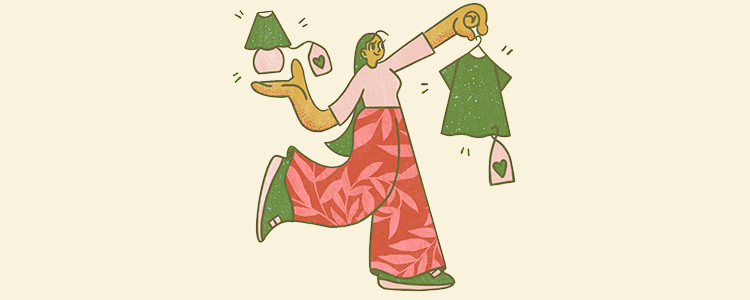||| FROM SAN JUAN COUNTY COMMUNICATIONS |||
San Juan County Health & Community Services wants to remind you of a few tips to make spring as enjoyable and healthy as possible. Before you start cleaning your shed, garage, or cabin this season, there are some safety precautions you should take to ensure that you don’t contract hantavirus pulmonary syndrome (HPS), a severe, sometimes fatal respiratory disease.
Any activity that puts you in contact with deer mouse droppings, urine, saliva, or nesting materials can place you at risk for infection. You may become exposed to the virus if you breathe contaminated dust (e.g. after disturbing rodent droppings or nests while cleaning, by living or working in rodent-infested settings).
If you identify a rodent nest, droppings, or infestation, it is important to clean up safely. When cleaning up a rodent-infested area there are some precautions you can take to reduce the risk of hantavirus:
- Ventilate the space before cleaning. Open doors and windows for at least thirty minutes.
- Avoid stirring up dust. Don’t use a leaf blower, vacuum, sweep, or other dry cleaning methods such as dusting.
- Wear rubber, latex, vinyl, or nitrile gloves.
- Wear a fit-tested N95 mask. A dust mask may provide some protection against dusts encountered during cleaning, but does not protect against viruses.
- Thoroughly wet any contaminated areas with a diluted bleach solution. This includes trapped or dead rodents, droppings, and nests. To learn how to wet clean safely, DOH has instructions on their website.
- Double bag the dirty rags and any dead rodents. Then place them in a sealed garbage can.
- Wash gloves with disinfectant or soap and water before removing. Avoid touching your eyes, nose, and mouth after cleaning. Wash your hands with soap and water thoroughly after removing your gloves.
If you have been exposed to deer mice or mice-infested buildings and you experience symptoms of fever, muscle aches, and severe shortness of breath, contact your health care provider immediately. Inform your provider of possible deer mouse exposure so that they are alerted to the possibility of rodent-borne diseases, such as HPS.
Symptoms of HPS begin one to eight weeks after inhaling the virus. Initial symptoms include fever, sore muscles, headaches, nausea, vomiting, and fatigue. After three to five days, the disease worsens and causes shortness of breath due to fluid in the lungs. Hospital care is usually required.
Preventing rodent infestation is the surest way to prevent HPS.
- Remove rodent food sources. Keep food (including pet food) in rodent proof containers.
- Seal up cracks and gaps. Any cracks and gaps in buildings that are larger than ¼ inch, including windows and door sills, under sinks around pipes, in foundations, or attics are potential entry points for rodents.
- Trap indoor rats and mice with snap traps or electronic traps. Poison baits and glue traps can be effective, but may also cause other undesirable effects. To learn more about these options go to DOH’s website.
This is the second article in our spring safety series. Check out our article about preventing tick exposure here. Stay tuned for our next article to help islanders have a safe spring!
Relevant URLs:
- DOH Hantavirus (español)
- DOH Safely Cleaning Up After Rodents (español)
- CDC Hantavirus (English only)
- King County Hantavirus (Google translate embedded)
- Rodent prevention:
- DOH Rodents (español)
- King County Getting rid of rats and mice (Google translate embedded)
- CDC How to Control Wild Rodent Infestations (English only)
- WDFW Living with wildlife: Rats (English only)
- EPA Controlling Rodents and Regulating Rodenticides (English only)
About San Juan County’s Department of Health & Community Services
San Juan County’s Department of Health & Community Services is responsible for community and environmental health, mental health and substance abuse programs, senior services, affordable housing projects, and more. The department has staff and offices on Lopez, Orcas, and San Juan Islands. For more information about San Juan County’s Department of Health & Community Services, visit www.sanjuancountywa.gov/1777/Health-Community-Services.
**If you are reading theOrcasonian for free, thank your fellow islanders. If you would like to support theOrcasonian CLICK HERE to set your modestly-priced, voluntary subscription. Otherwise, no worries; we’re happy to share with you.**







